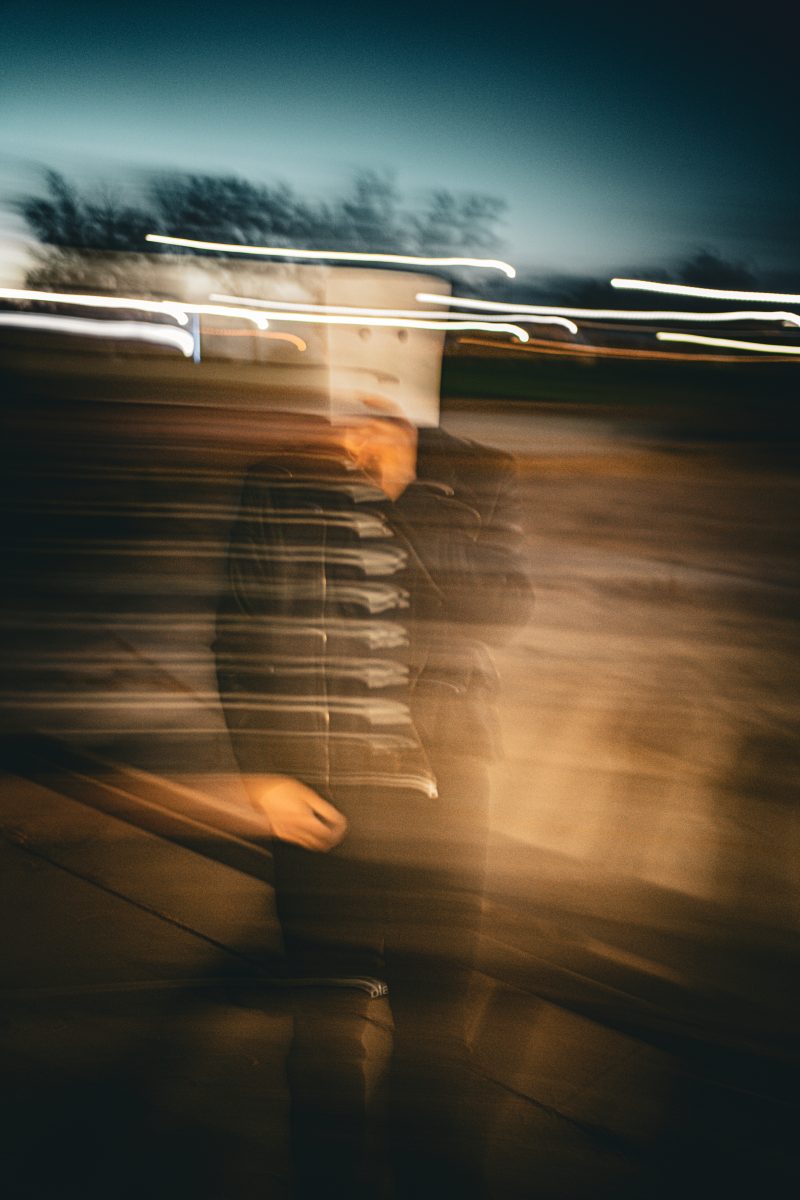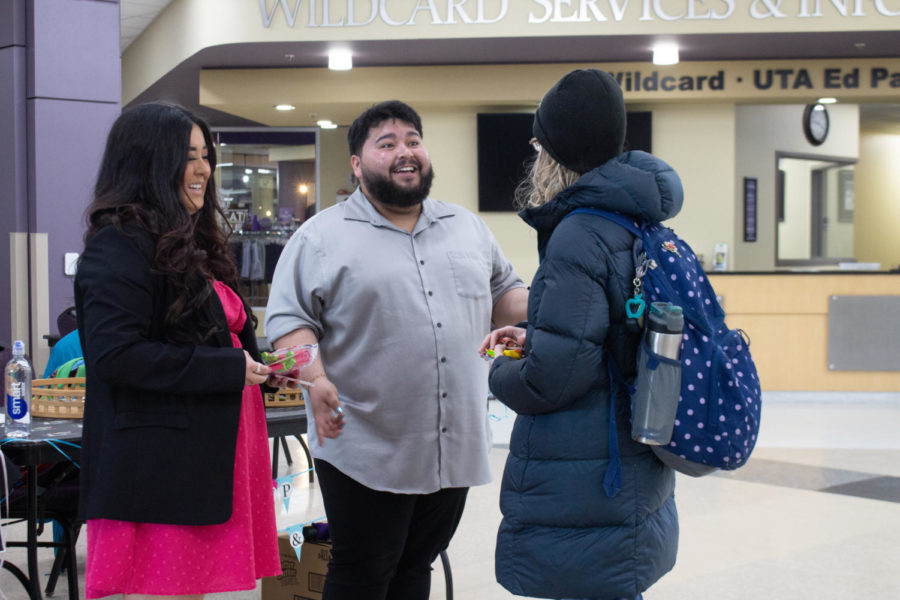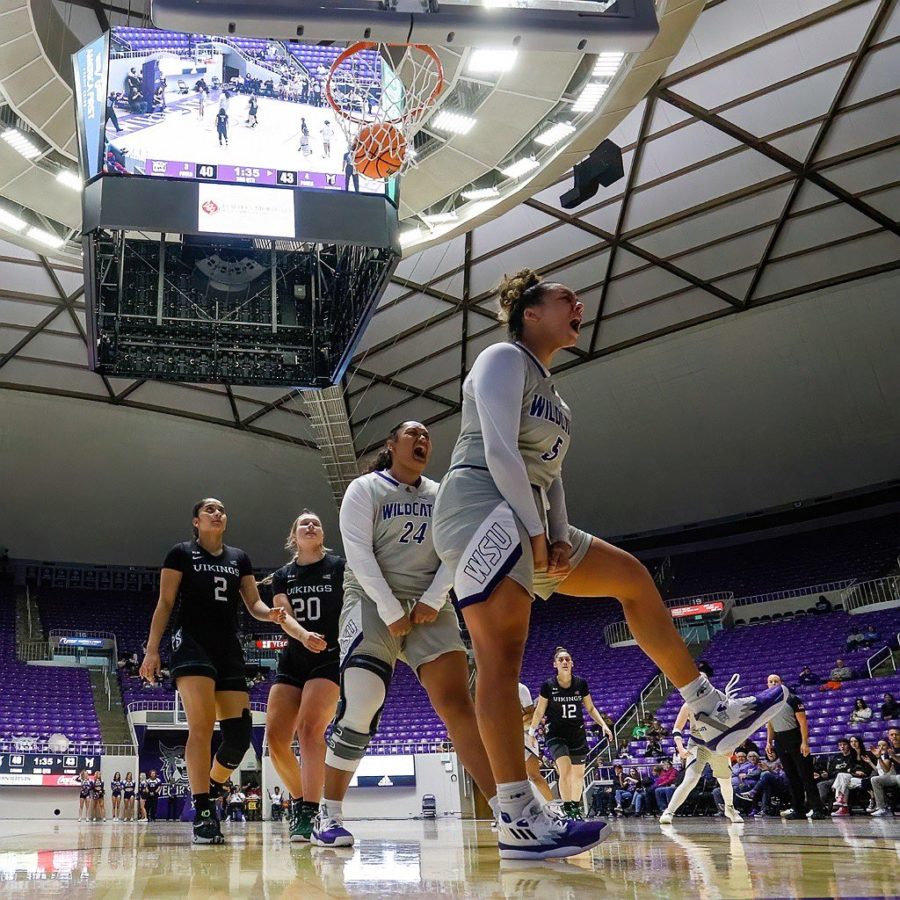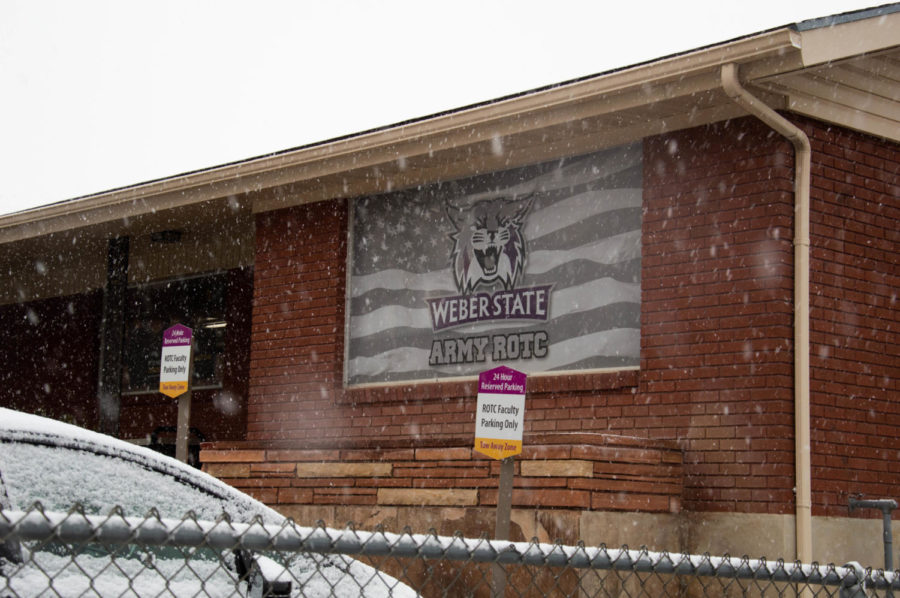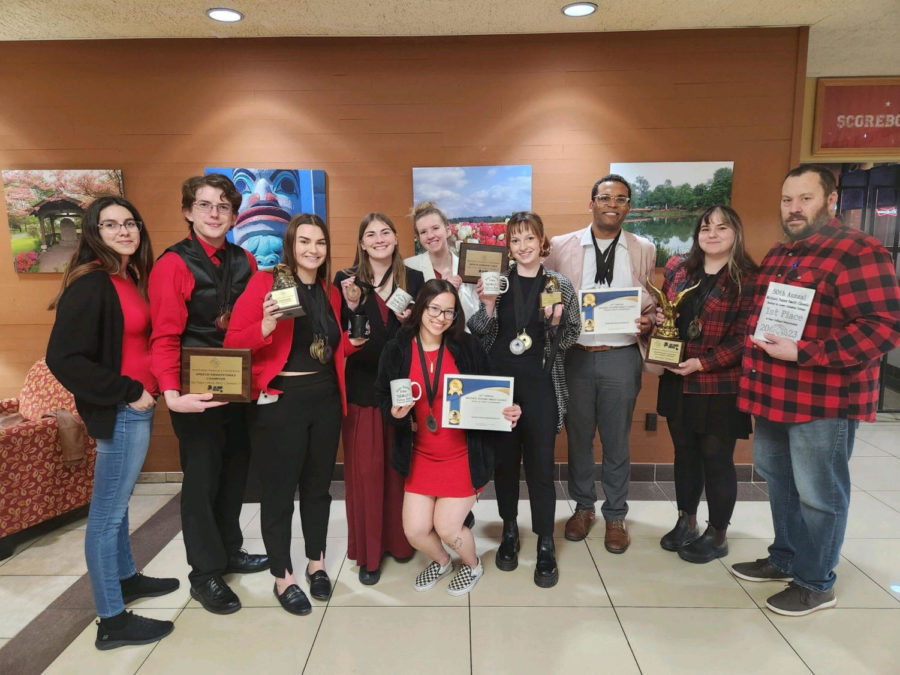“We’re not necessarily a secret society; we are a society with secrets,” James Stolhand says of freemasonry.

Freemasons make up the world’s largest and oldest fraternity. Their membership has included such historic figures as George Washington, Winston Churchill, Mozart and Mark Twain.
Stolhand is working to start a freemason club at Weber State University. Not wanting the fraternity to be shrouded in mystery, Stolhand is creating a place to raise awareness and share information.
“I want to provide a forum for those who are interested in the fraternity to come together and talk about it with well-informed brethren without having to go through the intimidation of actually going to a Masonic temple,” Stolhand said.
Stolhand is the worshipful master of Gateway Lodge No. 29, Free and Accepted Masons of Clearfield, Utah. He has been a freemason for five years.
“The mission of freemasons is to take good men and make them better,” Stolhand said. “Typically, the way we do that is through a system of accountability where you’re accountable to another man.”
Because sectarian religions and politics are not discussed by freemasons, Stolhand said the fraternity can create friendships among those who would otherwise remain at a distance.
Club member and senior deacon Darrell Baranowski of Gateway Lodge No. 29 in Clearfield, Utah, has been a freemason for two years.
Baranowski’s desire to become a freemason stemmed from his time serving in the U.S. Marine Corps.
“I had a few people that helped out along the way,” Baranowski said. “The certain type of person who usually offered sound guidance, always had a level head, was able to point me in the right direction if I screwed up.”
He later found out that many of those Marines were freemasons.
“Maybe it wasn’t your typical Marine Corps correction,” Baranowski said. “They usually did it constructively and got me on the right path, let me know that I messed up and let me know how to fix it, how to pick myself back up.”
Baranowski said he wanted to surround himself with like-minded people and build his moral character.
“I missed that from being in the service and I was able to find a lot of that in masonry,” he said.
Since becoming a freemason, Baranowski said he believes he has become a calmer, gentler and more charitable person.
Many people have friends or ancestors they knew were freemasons, Baranowski explained.
“I ask those people to contact their local lodge, even if they’re not interested in becoming freemasons themselves or becoming actively involved in their fraternity,” Baranowski said. “I just ask people to reach out to us, say hello and understand that we’re part of the community and we’re out there to help if they need anything.”
Freemasonry has experienced a sharp decline in membership over the years, Stolhand explained. Membership has continuously declined in the U.S. since 1959, according to The Masonic Service Association.
Freemasonry is not a religion, but it does require believing in a superior being or power. Those interested in joining the fraternity must also be a male of at least 18 years old, have no criminal convictions, know a freemason for at least six months and fill out a petition that involves an investigation committee.
For more information or inquiries, Stolhand can be contacted at 801-703-6686 or emailed at [email protected].
“There are no political boundaries and no religious boundaries, a lot of that stuff does not get a chance to get in the way and cloud communication,” Baranowski said. “You get to learn to see a lot of the world for what it really is without any negativity associated with it.”



